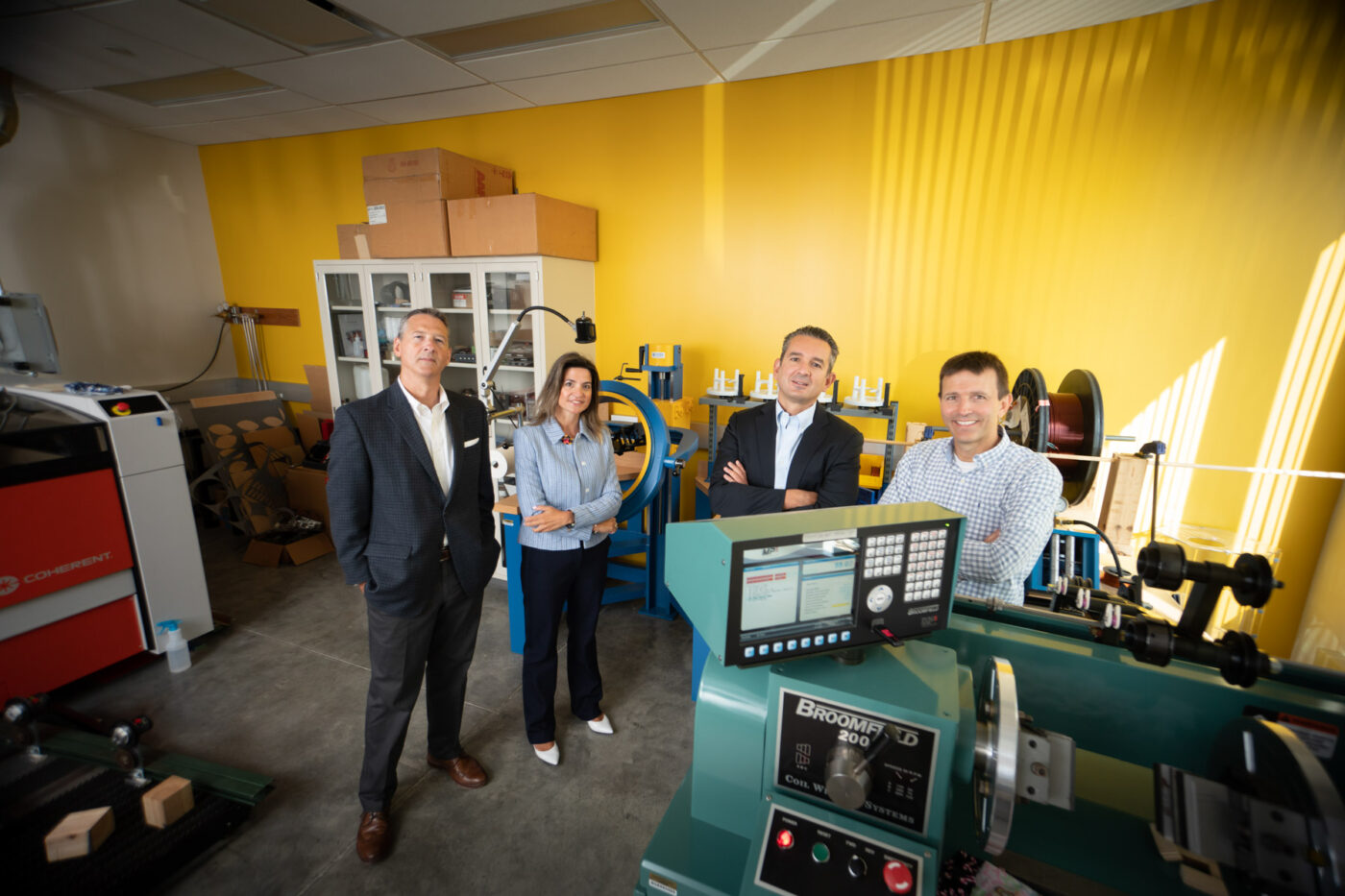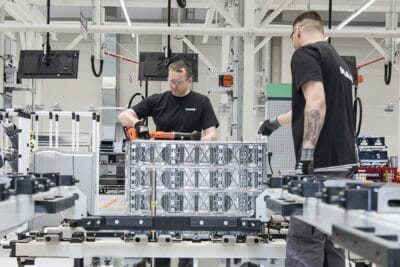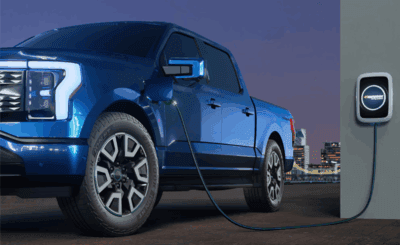Inductive truck charging project takes shape in the USA
The idea of wireless charging of electric vehicles is not entirely new and is being pursued by the Israeli company Electreon, among others. However, their trials have so far focussed more on charging on slow routes, such as in a pilot project in Detroit’s city traffic. However, making this possible for motorways, particularly for heavy goods vehicles, poses a complex challenge.
As the vehicles travel much faster on motorways than in the city, they need to be charged at a higher power. “We’re developing a system capable of charging semi-trucks as they travel down the road at 65 miles per hour,” John Haddock, a professor at the Lyles School of Civil Engineering at Purdue, told U.S. News & World Report.
The wireless charging system developed by the Purdue researchers should therefore work at a much higher power level than has been demonstrated in the USA to date – the researchers do not specify exactly how much stronger in the press release. By adapting to the higher energy requirements of heavy goods vehicles, the system can also cover the lower energy requirements of other vehicle classes, meaning that it is also suitable for passenger cars.
If it were possible to electrify motorways with heavy trucks in mind, this would make electric trucks much more attractive and would also help to reduce greenhouse gases. This is because heavy-duty vehicles are one of the largest sources of greenhouse gas emissions in the US transport sector, as they account for a large proportion of traffic on the interstate highways. Compared to cars, these trucks also require much more fuel to constantly transport everything from packages to steel.
Inductive charging enables smaller batteries
“The so-called ‘middle mile’ of the supply chain, which refers to all the travel heavy-duty trucks have to do to carry goods from one major location to another, is the most challenging part of the transportation sector to decarbonize,” says Nadia Gkritza, professor of civil engineering and agricultural and biotechnology at Purdue University.
If electric trucks could be charged while driving on motorways or at least maintain a stable charge, they would require smaller batteries than is currently the case and could transport more cargo, which would significantly reduce the costs of using electric vehicles in freight transport.
In collaboration with the Indiana Department of Transportation (INDOT), the go-ahead was given a few days ago for the start of construction of a test track. On a quarter mile (400 metres) of US Highways 231 and 52 in West Lafayette, Purdue engineers will soon be able to test for the first time under real conditions whether and how well the wireless charging technology works. A heavy-duty electric truck from the manufacturer Cummins will be used to see whether it can really be supplied with electricity at motorway speeds.
In the project, the transmitter coils developed by the Purdue researchers will be installed in dedicated lanes under the normal concrete pavement and send power to receiver coils attached to the underside of the Cummins vehicle.
The project had been eagerly awaited after Indiana Governor Eric Holcomb announced it at a United Nations environmental conference in Egypt in 2022. “Thanks once again to some engineers and pioneers from Purdue, we’re developing the world’s first highway test bed for wireless charging,” he said at the time. “Please remember that one. Yes, we will be testing whether concrete can charge passing trucks — and don’t bet against a Purdue Boilermaker.”





0 Comments